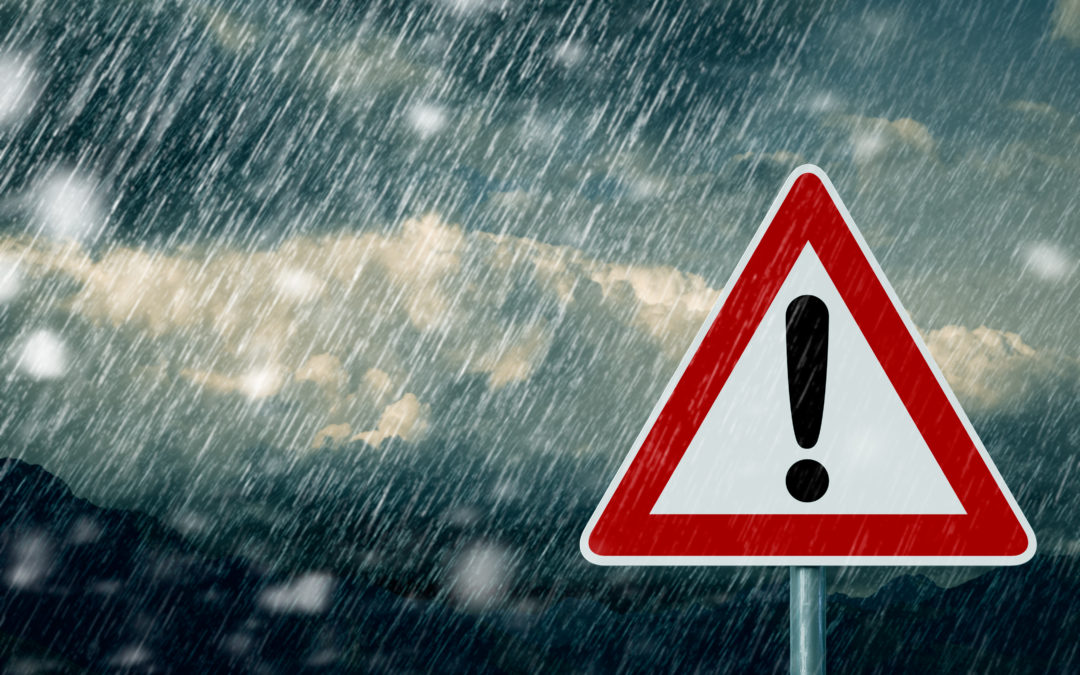When the story that ten (10) frail, elderly residents died in a nursing home in Hollywood Hills, Florida following Hurricane Irma made national news, families and friends with a loved one in a facility were forced worry that the facilities charged with caring for their loved ones had no emergency preparedness plans. Most were shock that the facilities paid to provide care and protection for their loved ones may not do so in the event of an emergency.
According to the Centers for Disease Control, approximately 1.4 million people reside in nursing homes and 800,000 in residential care communities. These providers are required to have emergency preparedness plans. However, these plans may be insufficient. Under staffing may make plans impossible to implement. And, many facilities may have a plan on paper to comply with federal or state regulations. However, compliance may not occur. Even when federal rules require emergency plans to be in working order, a facility’s failure to comply is met with little or no consequences.
While the focus on facility preparedness plans usually occurs only during or after a natural disaster, there are other emergencies that facilities must address in their plans and that families should also be concerned about. These include fires, eloping patients, active shooter incidents, communicable disease transmission, etc. Families should be aware of what the facility’s plan is for these situations and learn how they can help. To become familiar with a facility’s emergency plan, ask the following questions before there is a disaster or emergency:
- Does the facility have a written emergency preparedness plan? Can you review it?
- Where are the emergency exits located in relation to your loved one’s room and are they free of obstructions?
- How does the facility alarm system work? What are the accommodations for those with hearing or sight impairments?
- What situations will trigger the facility alarm system? Fire, gas leaks, opening an emergency exit, active shooters, etc.?
- Does the facility alarm automatically notify emergency responders?
- Under what emergency circumstances will residents be evacuated?
- When are family members and legal representatives notified of evacuation and how?
- When are emergency responders notified the facility is being evacuated?
- When evacuation is required, how are residents with mobility impairments or those who are bed bound evacuated?
- How will residents be identified during evacuation?
- Where will residents be taken if evacuation becomes necessary?
- How will residents be transported during evacuation?
- How will residents get their medications and necessary medical supplies during and after evacuation?
- What procedure is used to ensure that all residents and visitors are evacuated and accounted for?
- When evacuation becomes necessary, will the resident’s medical records or belongings go with them?
- During evacuation, if medical records or resident belongings are not taken with the resident, how will they be protected in the facility?
- Does the facility have a lock down procedure? If so, under what circumstances will the facility be placed under lock down?
- When are family members and legal representatives notified of a lock down?
- When are emergency responders notified the facility is under lock down?
- During lock down, how will residents be cared for, supervised, or receive medications?
- What does the facility do when resident has eloped?
- When is a family member or legal representative notified a resident has eloped?
- When are emergency responders notified a resident has eloped?
- How often are staff members required to review the facility’s emergency plan?
- How often does the facility conduct emergency response training as part of its emergency preparedness plan?
The Department of Health and Human Services has detailed information about emergency planning for individuals with disabilities. There can be terrible consequences residents in facilities without real emergency preparedness plans. If the facility in which your loved one resides does not have a plan, an emergency can lead to the abuse or severe neglect of your loved ones. Be sure you become familiar with the facility’s plan before an emergency arises.


